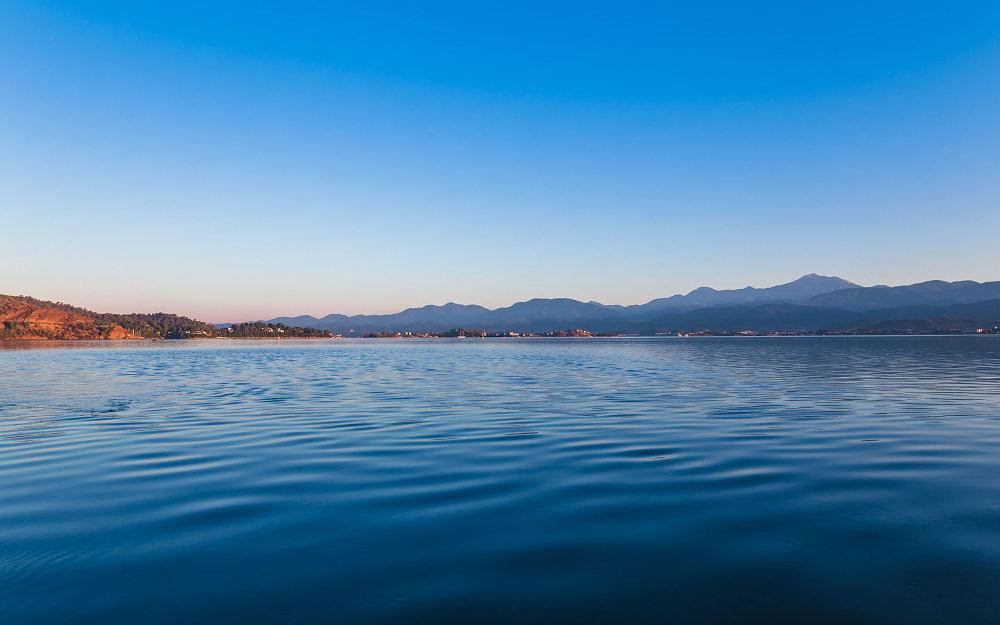Joint statement by the government of People’s Republic of China and the government of Canada on marine refuse and plastics
On November 14, 2018, Premier Li Keqiang of the State Council of the People’s Republic of China and Canadian Prime Minister Justin Trudeau held the third annual dialogue between Chinese and Canadian Prime Ministers than Singapore. Both sides recognized that the plastic pollution caused by human activities has a negative impact on marine health, biodiversity and sustainable development, and poses potential risks to human health. The two sides believe that the sustainable life cycle management of plastics is of great significance to mitigate the threat of plastics to the environment, especially to reduce marine garbage.
The two sides reviewed the China-Canada Joint Statement on Climate Change and Clean Growth signed in December 2017 and fully affirmed their efforts to achieve the sustainable development agenda of 2030. The two sides agreed to adopt a more resource-efficient approach to the life cycle management of plastics to improve efficiency and reduce environmental impact.
1. The two sides agreed to work hard to carry out the following tasks:
(1) Reduce the use of unnecessary disposable plastic products and take full account of the environmental impact of their substitutes;
(2) Supporting cooperation with supply chain partners and other governments to increase efforts to deal with marine plastic waste;
(3) Improve the ability to control the entry of plastic waste into the marine environment from the source, and strengthen the collection, reuse, recycling, recycling and/or environmentally sound disposal of plastic waste;
(4) Fully abide by the spirit of the principles set forth in the Basel Convention on the Control of Transboundary Movements of Hazardous Wastes and Their Disposal;
(5) fully participate in the international process to deal with marine garbage and plastic pollution.
(6) Supporting information sharing, raising public awareness, conducting educational activities and reducing the use of disposable plastics and the production of plastic waste;
(7) Promote investment and Research on innovative technologies and social solutions involved in the whole life cycle of plastics in order to prevent the generation of marine plastic waste;
(8) Guide the development and rational use of new plastics and substitutes to ensure good health and environment.
(9) Reduce the use of plastic beads in cosmetics and personal care consumer goods, and deal with micro-plastics from other sources.
Two, the two sides agreed to establish a partnership to jointly deal with marine plastic waste through the following ways:
(1) To promote the exchange of best practices on pollution prevention and control of marine plastic waste in coastal cities of China and Canada.
(2) Cooperate to study marine micro plastic monitoring technology and ecological environment impact of marine plastic garbage.
(3) Carry out research on control technology of marine plastic waste, including micro plastics, and implement demonstration projects.
(4) Sharing experiences on consumer guidance and grass-roots participation in best practices.
(5) Cooperate on relevant multilateral occasions to raise awareness and take actions to reduce marine plastic waste.
Recorded from the article link: China environmental protection online.

Post time: Nov-15-2018










